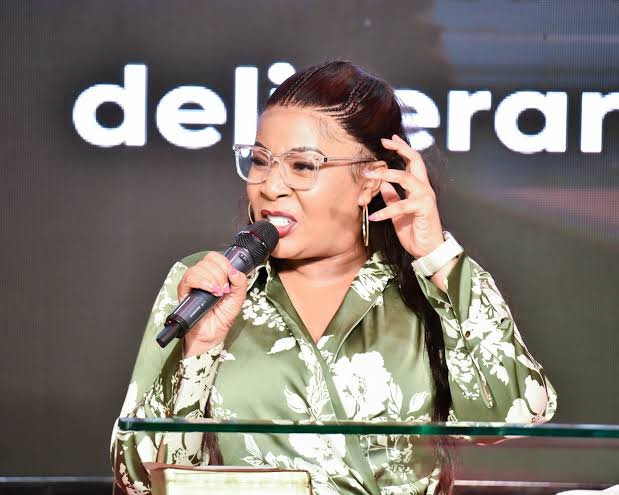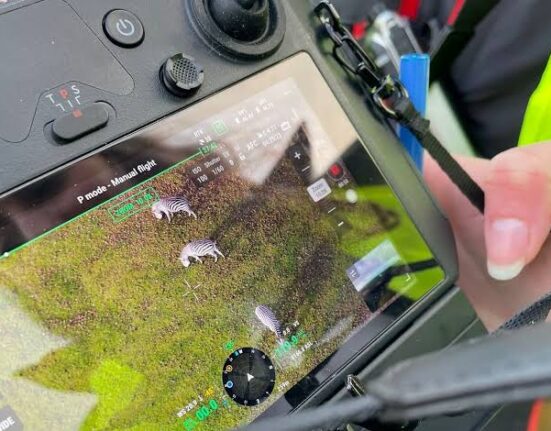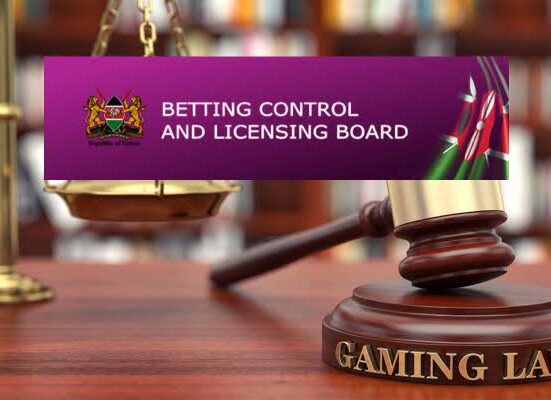By Cindy Kirui
In a continent deemed to suffer regulatory laxity in general, Kenya is emerging as Africa’s gold standard for gaming governance under the transformative leadership of Dr Jane Mwikali Makau, the current Chairperson of the Betting Control and Licensing Board (BCLB). Her pioneering reforms that blend innovation with ethical austerity have repositioned Kenya’s gaming sector from a hub of controversy to a continental exemplar of accountability and social responsibility.
Dr Mwikali’s efforts were globally spotlighted in March 2025 when she received the prestigious Regulatory Alliance Award at the African Gaming and Entertainment (AGE) Lagos Summit, Africa’s premier regulatory forum. The award celebrated her role in harmonising gaming regulations across the continent and fostering intergovernmental cooperation to combat illicit gambling.
In her acceptance speech, Dr Mwikali emphasised the need for closer collaboration, crediting the BCLB team, the Government of Kenya and regional partners for creating a “unified, responsible gaming ecosystem.” This recognition underscores Kenya’s gaming sector metamorphosis under Dr Mwikali’s tenure.
Appointed in 2022 she inherited a sector riddled with illegal betting shops, tax evasion and predatory advertising targeting vulnerable segments of society. There are four outstanding and sweeping reformist actions at BCLC that ate directly attributable to Dr Mwikali’s stewardship.
One, the Integrated Gaming Licensing System (IGLS) launched in 2022. This digital platform streamlined license applications, automated compliance checks and tracked operator performance with a public and therefore transparent interface.
By integrating data from tax authorities, financial regulators and Interpol, the IGLS barred entities linked to crime or non-compliance, reducing approval times by 70% and increasing license fee revenue by a notable 45%. The system has since become a blueprint for Nigeria, Tanzania, and Uganda that are now adopting similar frameworks.
Two, in collaboration with the Financial Reporting Centre (FRC) and the Central Bank of Kenya, Dr Mwikali implemented real-time transaction monitoring to curb money laundering. Betting firms now feed data into the FRC’s Anti-Money Laundering Gateway, flagging transactions over Ksh. 1 million. In 2023 alone, this initiative blocked Ksh 3.2 billion in suspicious transfers leading to prosecutions of 12 operators.
Three, under Dr Mwikali, Kenya introduced Africa’s most robust responsible gaming policy. This entailed licensing operators who acceded to ceding 0.5% of gross revenue to the National Responsible Gaming Fund for financing addiction treatment and public awareness campaigns.
Additionally, a national self-exclusion database that allows individuals to bar themselves from all platforms is in place, while AI-driven age verification has slashed underage betting by 60%.
Four, in April 2025, the BCLB suspended all gambling advertisements for 30 days, citing concerns over ads mischaracterizing betting as a “wealth-creation shortcut” and targeting minors during prime-time hours.
Today, operators must now submit ads to the Kenya Film Classification Board for vetting, a move lauded by mental health advocates. On that score, Dr Mwikali stressed that, “gaming firms must not profit from despair.” Dr Mwikali has also championed corporate social responsibility (CSR) initiatives, with operators funding community projects in education and healthcare in several parts of Kenya.
Kenya’s success in regulating its gaming space has spurred regional emulation. Nigeria adopted the IGLS model, while Tanzania and Uganda have so far sought technical assistance to replicate Kenya’s anti-money laundering protocols.
The African Union further appointed Dr Mwikali to lead a task force on harmonising continental gaming regulations, cementing her role as a pan-African reformer. Despite the laudable progress championed by Dr Mwikali, hurdles still show their ugly face. Underground betting rings still exploit rural areas where limited oversight is limited with some cunning operators migrating to cryptocurrency platforms to evade detection.
Dr Mwikali has responded with pilot programmes for AI-driven monitoring tools and community watchdog networks while citing that “regulation is a race against ingenuity.” Kenya’s ascent in the gaming sector under Dr Mwikali illustrates how visionary leadership can transform a scandal-plagued industry into a model of integrity given the time and latitude.
By prioritising transparency, player welfare, and regional collaboration, Dr Mwikali has redefined gaming governance in Africa and demonstrated that the sector is capable of responding to a professionally regulated regime. As nations like South Africa and Nigeria look to Nairobi for guidance, Dr Mwikali’s legacy serves as a testament to the power of ethical regulation, indeed, a gold standard where accountability and innovation coexist.
For Kenya, the stakes extend beyond gaming. Dr Mwikali’s reforms offer a blueprint for other sectors seeking to balance economic growth with social responsibility. In her words, “A well-regulated industry isn’t anti-business, it’s the foundation of sustainable progress.”
Cindy is a budding music scholar, human rights activist and a commentator on social affairs













Leave feedback about this